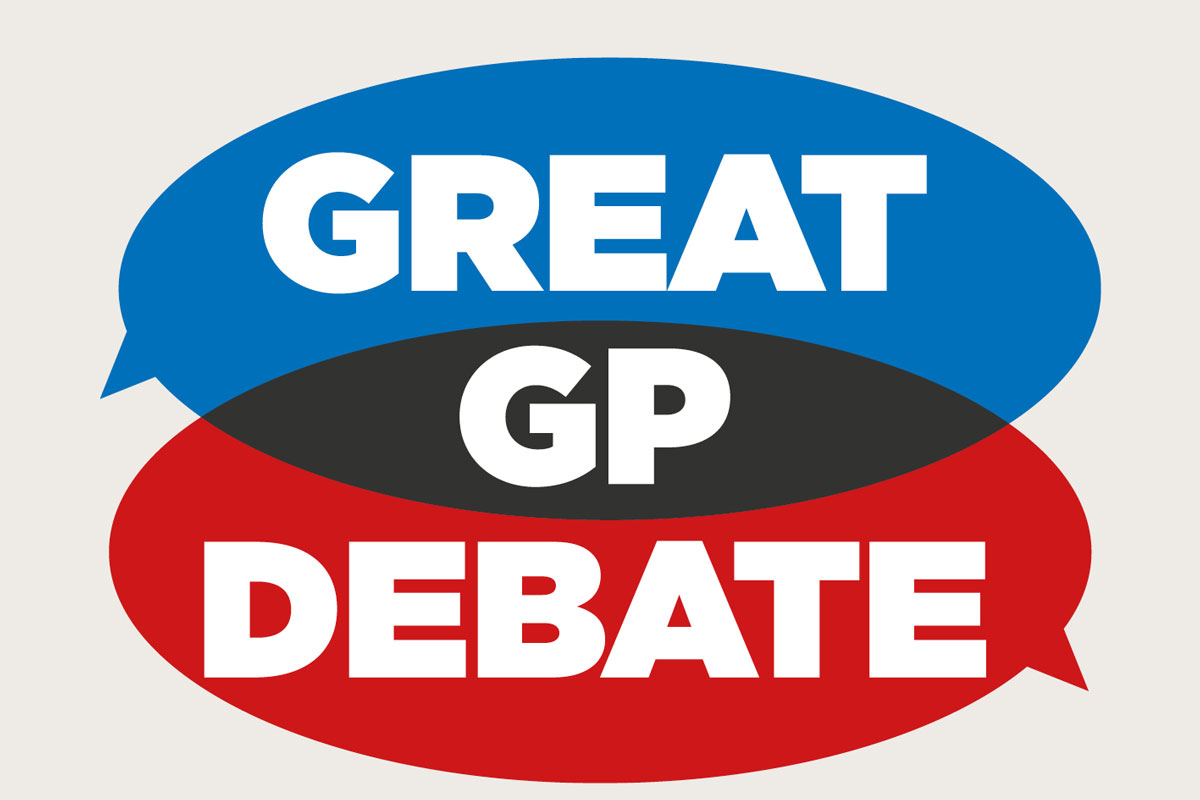Patients should sign a contract to use GP services


I was sworn and shouted at last week. A patient, who turned up eight minutes late for their appointment, was furious that I would not also see their child in the same appointment. I felt genuinely guilty, and tried to do what I can to meet what was wanted. That evening, having run behind, I was 10 minutes late for the pantomime at our local theatre. I was refused entry, and shown various signs which warned me this would be the case. Do you know what I did? I grumbled a bit, then accepted this with resignation and waited for the interval, having paid for the privilege.
I am a firm believer in two principles that could change the way general practice functions. Firstly, that no other profession could bend further backward to meet the needs of its users. Whether resupplying a lost prescription, seeing a patient who turns up 5 minutes late or dealing with multiple problems in just 10 minutes, we consistently accede to the demands that are put in front of us.
The contract will put the responsibility for health on the patient
Secondly, I believe the public needs to take more responsibility for their health and illness. What should be a few days of rest and time off work becomes a demand for an urgent appointment, antibiotics and a sick note. I find it mystifying how we have come to live in a society where our commitment to our employer is more binding than that to our health. A seven day 8am-8pm GP service is not needed if employers were reasonable and allowed patients to attend daytime appointments.
I propose that practices be allowed to draw up a patient contract, which patients must sign in order to access the health services they need. The contract will put the overall responsibility for health on the patient (where it should be), and give practices more power to manage inappropriate use. General practice has reached breaking point, and we must all bear some of the load.
For the majority of patients who use the service fairly and appropriately, this changes nothing. For those that abuse the system, we accede no more.
- If I am late to my appointment, I accept that I will not be seen.
- If I lose a prescription or my medication, I will pay an administrative charge for replacement.
- If I do not turn up to my appointment, I accept any further appointment will be low priority and seen at a time decided by the practice.
- I accept that any verbal or physical abuse to practice staff will result in immediate removal from the practice list.
- I accept that I need alter my schedule and work commitments in order to attend a given appointment.
These points are a starter for five, but there are other domains where a patient can agree to use services appropriately which is open to discussion.
Clearly in order to be enforceable such a scheme would need backing from the GMC and other regulatory bodies, however I believe it is needed to improve patient care and facilitate a fundamental shift in who takes care of health. A responsibility that should always be the patient’s.
Dr Danny Chapman is a locum GP in east and south Devon
This blog is part of our ‘Great GP Debate’ season. If you would like to write a blog on how you see the future of general practice, then please email the Editor at [email protected]
Pulse July survey
Take our July 2025 survey to potentially win £1.000 worth of tokens




 Oviva’s fully remote Tier 3 Weight Management programme
Oviva’s fully remote Tier 3 Weight Management programme






